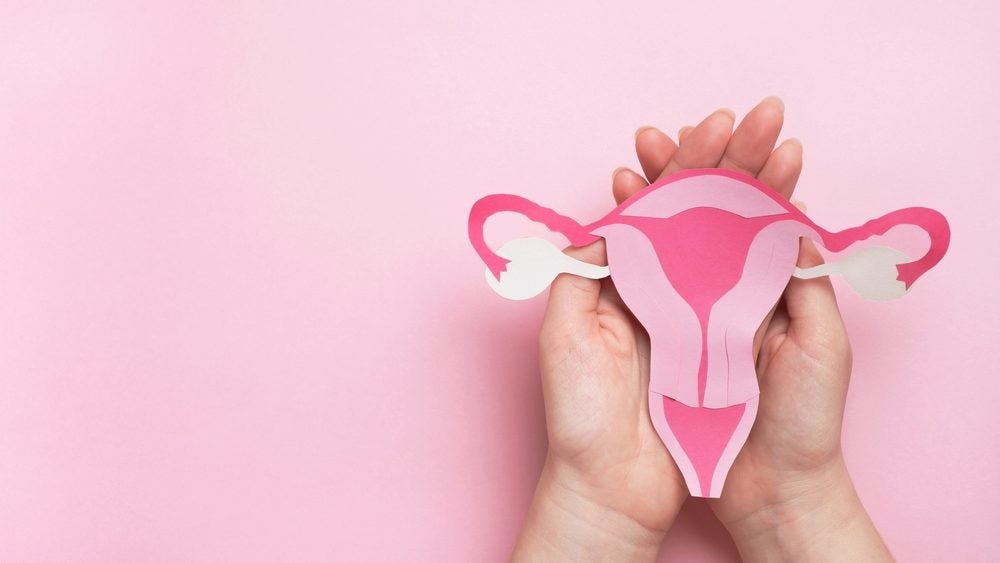France-based FemTech company Womed has announced positive results from a clinical trial of its Womed Leaf device, deeming it effective for the treatment and prevention of bonding of the uterine walls after surgical intervention – one of the main causes of female infertility.
Intrauterine adhesions (IUAs), sometimes known as Asherman’s syndrome, are bands of scar tissue that form inside the uterus and can cause menstrual abnormalities or infertility. They often result from uterine surgeries or infections and can require medical intervention to remove the adhesions and restore fertility.
The Womed Leaf device, which received CE mark back in 2021, is composed of a polymer film, serving as a protective barrier against IUAs. Inserted like an intrauterine device (IUD) at the end of the uterine procedure, it expands within the uterine cavity, preventing the direct contact of the uterine walls against each other for a week. Following this, it is naturally discharged.
In the PREG2 clinical trial, 160 women with severe or moderate IUA underwent adhesiolysis surgery, a procedure used to remove scar tissue bands between abdominal organs. The participants were randomly assigned to receive a Womed Leaf or no intervention.
At the six-week follow-up, women who received Womed Leaf were 2.4 times less likely to develop adhesions compared to the control group. All efficacy endpoints favoured the Womed Leaf, with no serious adverse events reported from the trial.
Womed co-founder and CEO Gonzague Issenmann said that the device will be marketed through commercial partners.
Issenmann commented: “Womed has achieved an unprecedented feat and we are very proud to be the first team to offer a solution to women with scarred uterus in their exhausting journey to become pregnant.”
Compared to the overall health sector, FemTech remains one of the lowest-funded subsets. This can be pinned to several reasons, including a lack of research into women’s health, and lack of awareness.









